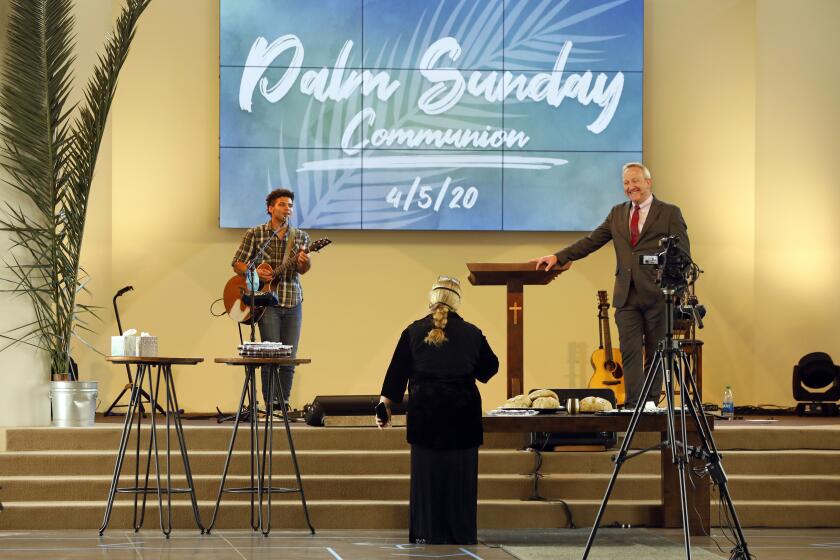L.A. County supervisors exonerated on pet project spending
Los Angeles County prosecutors said Tuesday that county supervisors did not break the law when they spent millions of taxpayer dollars on pet projects without a public vote or discussion.
The district attorney’s inquiry began in response to a complaint received last month after The Times detailed some of the $3.4 million per year that each of the five supervisors receives to spend at his or her discretion.
Among the expenditures was $25,000 by Supervisor Mark Ridley-Thomas to buy a place in “Who’s Who in Black Los Angeles.” Supervisor Zev Yaroslavsky used more than $200,000 to support his new website as well as his Twitter and Facebook accounts. Supervisors Mike Antonovich, Don Knabe and Ridley-Thomas used their accounts to pay for cars and drivers. Knabe’s armed driver makes $90,000 annually.
“I made a determination that there was statutory authority for the board to adopt a budget,” said Head Deputy Dist. Atty. David Demerjian, who oversees the district attorney’s public integrity division.
“Within their legislative function, it is their right to determine how the budget should be divided up.”
Once prosecutors determined that supervisors were performing their legislative function while spending the money, Demerjian said the separation of powers between his office’s executive branch of government and the supervisor’s legislative branch constrained him from conducting a line-by-line examination of the expenditures.
“Absent some bad faith, I can’t question their motive. They have a lot of discretion,” Demerjian said. “It would be different if a council member used a credit card. That’s not a budgetary function. That’s not a legislative function.”
Prosecutors further determined that supervisors did not violate the state’s open meetings law because the supervisors passed a resolution in the 1990s that delegated authority to the county’s chief executive officer to make individual expenditures.
The chief executive, William T Fujioka, signs contracts authorizing the spending on each outside group after consultation with the respective county supervisor.
More to Read
Sign up for Essential California
The most important California stories and recommendations in your inbox every morning.
You may occasionally receive promotional content from the Los Angeles Times.











